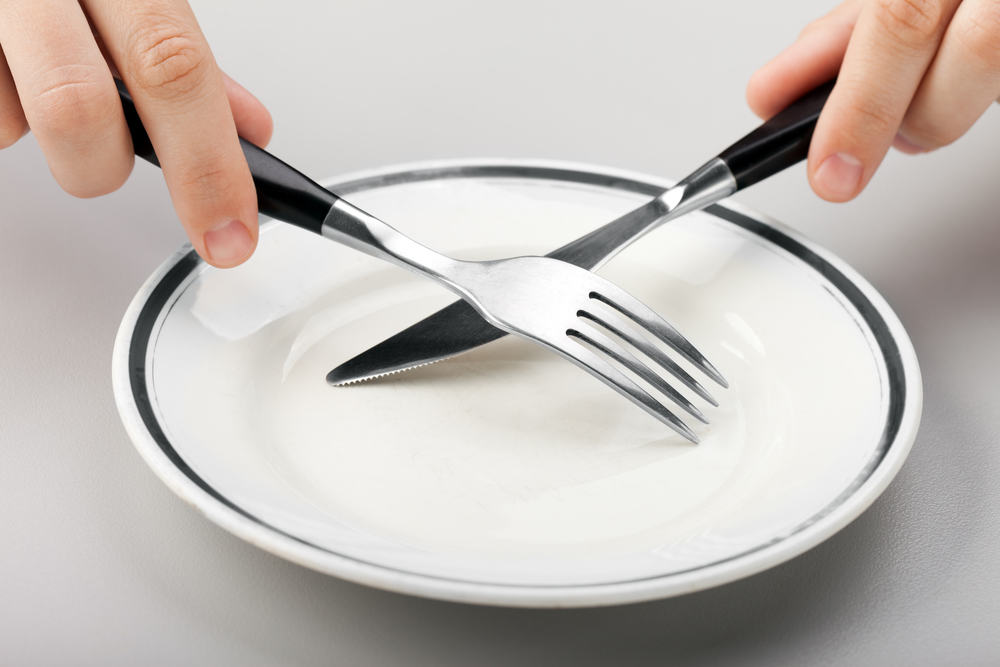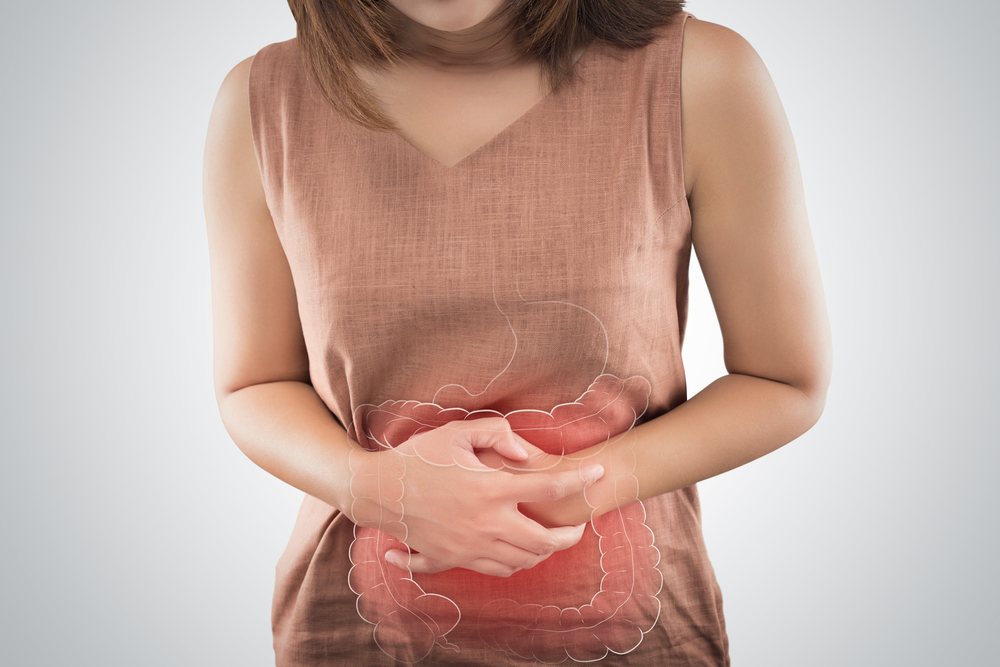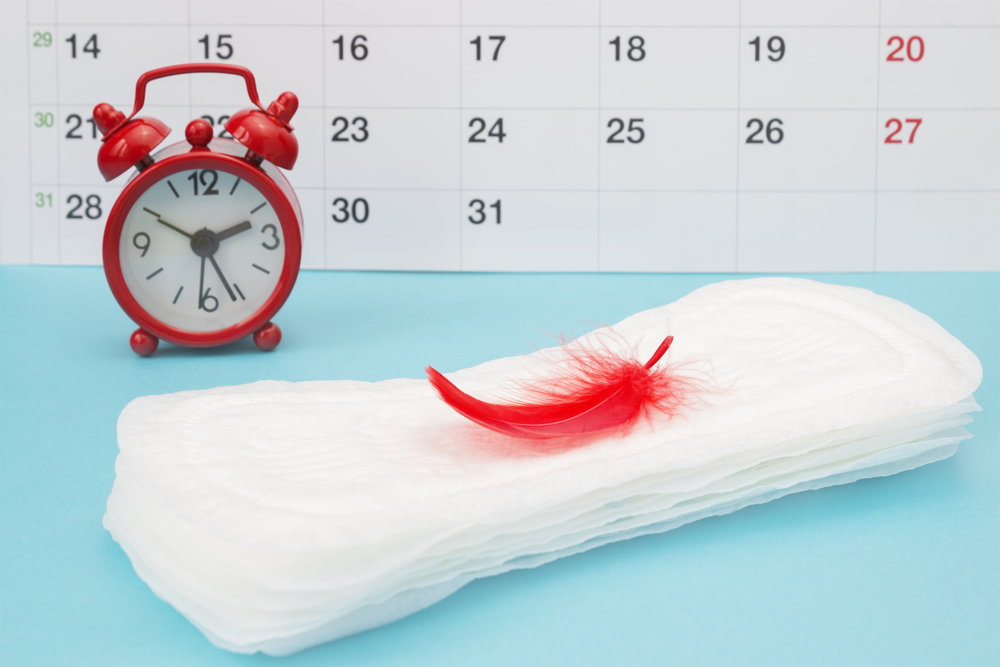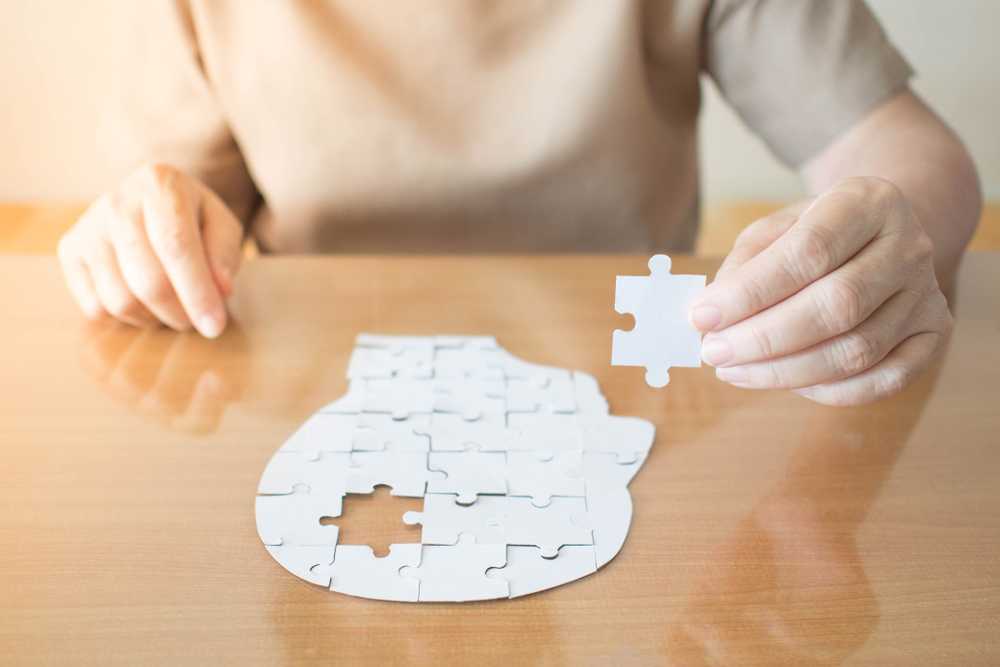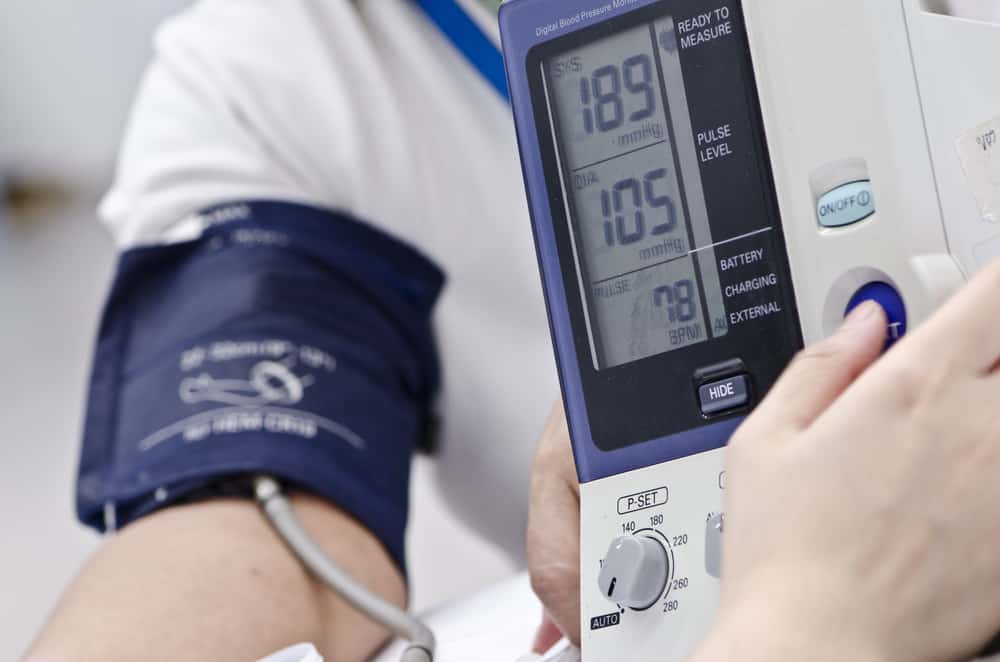Contents:
- Medical Video: The Health Guru Who Eats 5,000 Calories in One Meal & Says He's Healthy
- Can you lose weight by eating once a day?
- What happens if we eat only once a day?
- 1. Blood pressure and blood sugar soar
- 2. Indigestion
- 3. Decreased brain ability
- 4. Lack of important nutrients
Medical Video: The Health Guru Who Eats 5,000 Calories in One Meal & Says He's Healthy
Are you trying to lose weight? You may have thought of dieting by eating once a day. Yes, this one diet method is already widely known. However, health experts and nutritionists continue to debate whether eating only once a day is effective and healthy for weight loss.
Can you lose weight by eating once a day?
Until now, there is no guarantee that it will only be effective once a day for diet. Everyone who tries this diet reports different results. Some people claim to be able to lose weight by eating only once a day. However, there are also those who actually gain weight.
This means the results depend on other factors. For example, do you prop up your stomach in a day with a snack with high fat and calories or do you have enough physical activity to burn calories.
A nutritionist from the United States, Serena Marie, RD also explained that eating only once a day can trick your mind. When it's time to eat, you crave foods that are high in carbohydrates, fats, and calories. This is because not eating for hours actually triggers the production of the hormone ghrelin, whose job is to arouse appetite.
You may also be mistaken in thinking that it should be okay to eat foods that are high in carbohydrates, fats and calories. You haven't eaten heavily all day. It is this mistake that usually frustrates your diet program.
What happens if we eat only once a day?
Not everyone can use this diet effectively. So, nutritionists and health professionals basically do not recommend this method to lose weight in a healthy and safe manner. Besides being less effective, eating once a day can result in the following.
1. Blood pressure and blood sugar soar
The study, published in The American Journal of Clinical Nutrition shows that an empty stomach all day suddenly filled with foods with calorie levels according to daily needs, your blood pressure and blood sugar can jump suddenly. The human body is designed to receive calorie intake by "installments" in a day, not directly at once.
This is because the processing and burning of calories into energy takes time. Whereas if you consume a lot of calories at once, your body is overwhelmed by processing it. As a result, calories and sugar in large quantities go directly into the blood at once. This causes a sudden surge in blood pressure and blood sugar.
2. Indigestion
"Installing" heavy meals up to three or four times a day facilitates your digestive work. So, if you only eat once a day, your intestines and stomach must work harder to process the food. You who have stomach ulcers or acid reflux may experience complaints such as nausea or chest pain when eating.
3. Decreased brain ability
You need glucose from food to carry out the brain's cognitive functions of thinking, concentrating, and remembering. Meanwhile, the body can only store glucose for four to six hours after you eat. Afterwards, the brain becomes deficient in energy resources to carry out its tasks of thinking, concentrating, and remembering. So, you might be more difficult to concentrate, make decisions, or easily forget if you only eat once a day.
4. Lack of important nutrients
Eating once a day can make you lack important nutrients such as vitamins, minerals, protein, and fiber. When it's time to eat, you tend to choose foods with high calorie content such as rice and meat to get rid of hunger. You actually eat less vegetables or fruits that are rich in important nutrients.
In fact, a true and healthy diet actually emphasizes the importance of eating with balanced and complete nutrition. It's not just a matter of not eating or just reducing portions.

